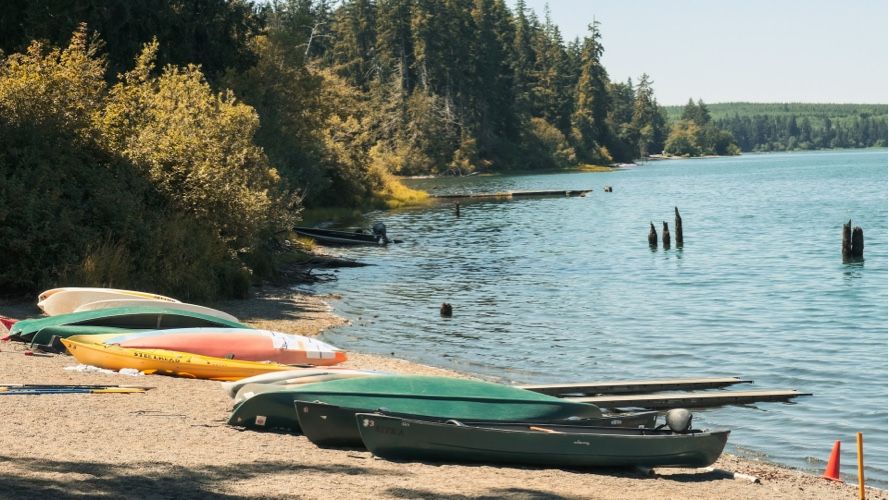- What outdoor activities are popular at Washington camps?
- Many camps offer hiking, kayaking, climbing, and nature exploration to engage campers with the environment.
- Are Washington camps equipped to support dietary restrictions?
- Camps generally accommodate special dietary needs and work closely with families to ensure safety.
- What is the ideal camper age to start attending camps here?
- Day camps are great for children as young as 5, while overnight camps usually welcome kids from age 7 and up.
- How do camps in Washington address homesickness?
- Camp staff are trained to help campers adjust through supportive routines and positive engagement.
- Can campers participate in technology and STEM-focused programs?
- Yes, several camps in Washington emphasize coding, robotics, and other STEM activities alongside traditional camp fun.
- Are there opportunities for camper communication with families?
- Communication policies vary, but many camps allow limited phone calls, emails, or letters.
- Do camps offer sibling discounts or family rates?
- Some camps provide discounts for siblings; check directly with each camp for availability.
